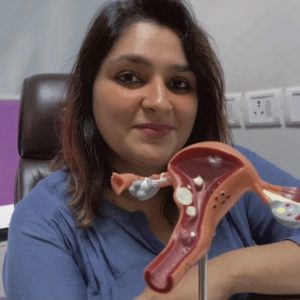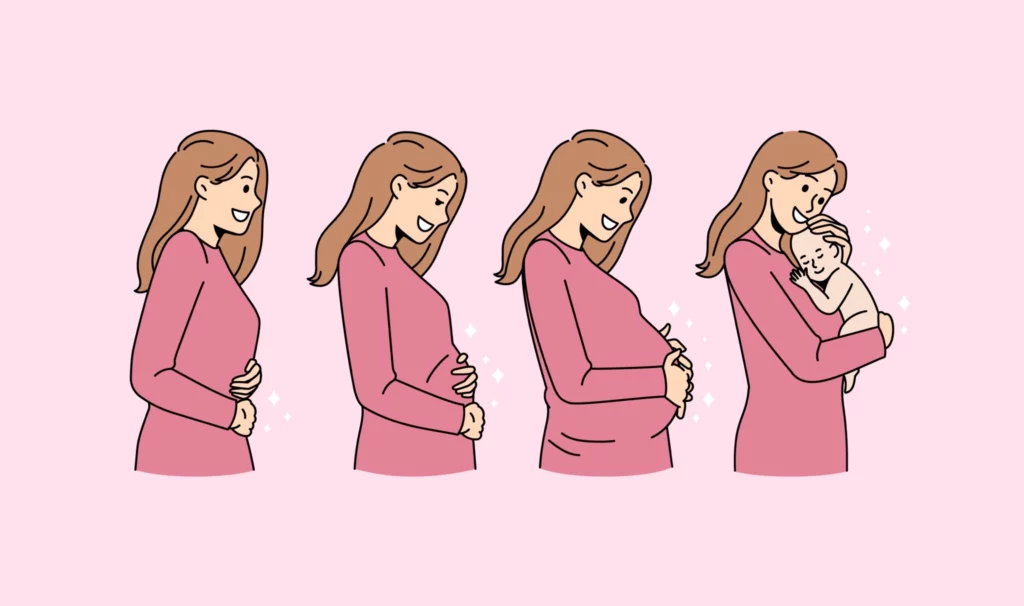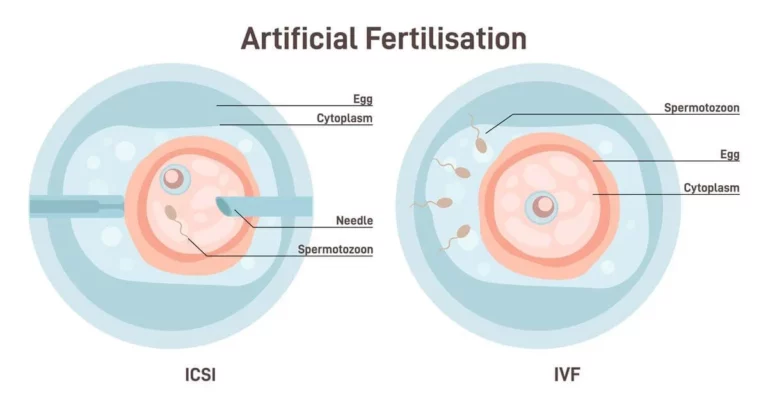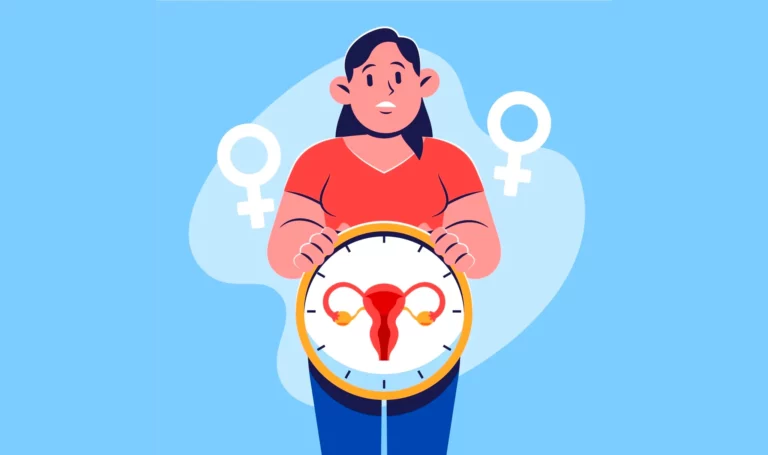Does your AMH blood test show that you have low AMH levels? What does it mean? And, does it affect your chances of becoming pregnant?
This article will help you find out.
Below, we will be explaining what AMH is, how AMH and fertility are connected, what causes low AMH, if pregnancy is possible with low AMH, pregnancy treatments with low AMH, along with how to increase low AMH levels naturally for a healthy pregnancy.
Increase your pregnancy chances with Nory Ovulation Kit
What is AMH?
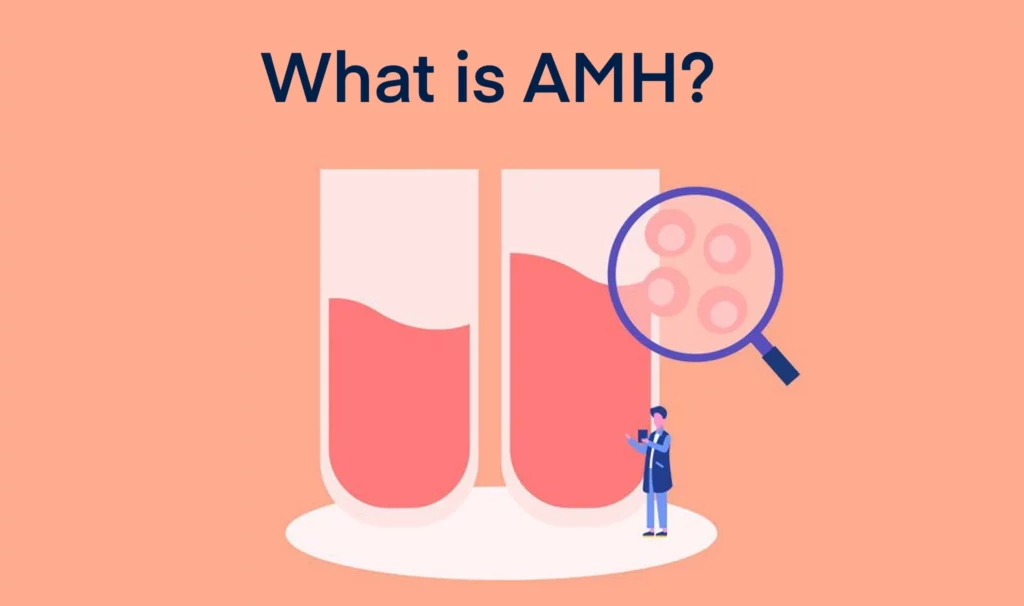
AMH is an abbreviation for anti-mullerian hormone, otherwise called mullerian-inhibiting hormone (MIH). In females, it is a hormone that the granulosa cells in the ovarian follicles produce.
AMH plays a key role in the development of follicles from their primordial (deep sleep) stage to growing (fertilizable) stage. As the follicles grow and mature, the production of AMH gradually decreases and stops eventually.
AMH and Fertility
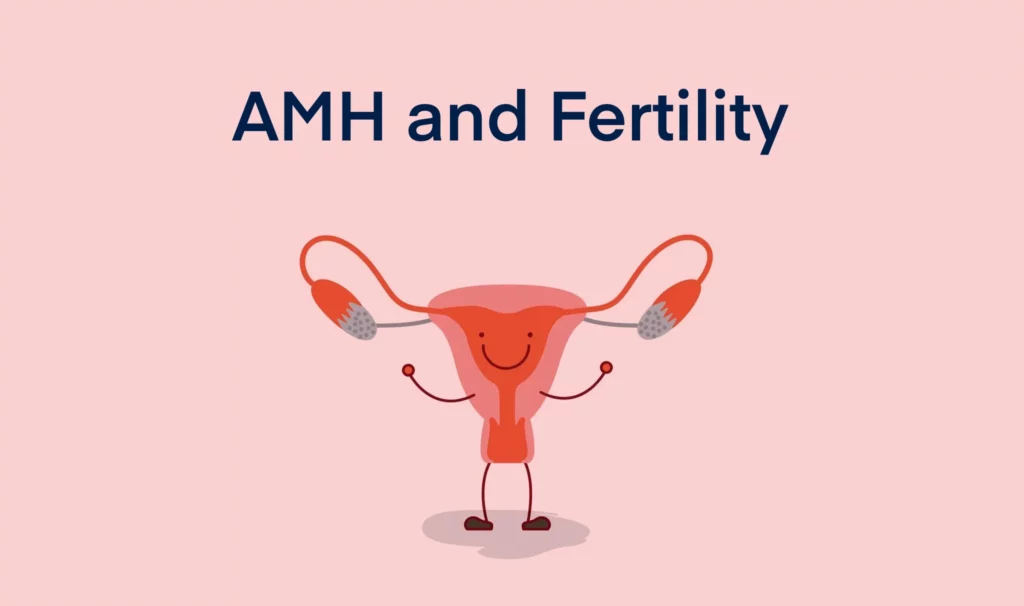
Research shows that the AMH levels reflect the sum of ovarian follicles that made it to the growing stage, from their primordial stage. Therefore, AMH levels can also be considered to effectively indicate the number of growing follicles that are capable of fertilization. In simple words, AMH levels can be considered to assess a female’s remaining egg reserve, also called the ovarian reserve.
AMH and fertility are closely connected. A woman with high AMH is likely to have a good ovarian reserve which eventually escalates a female’s likelihood of becoming pregnant. On the other hand, a female with low AMH may struggle to conceive due to her low ovarian reserve. Having a good AMH level ensures that you have a better chance of becoming pregnant.
What Causes Low AMH?
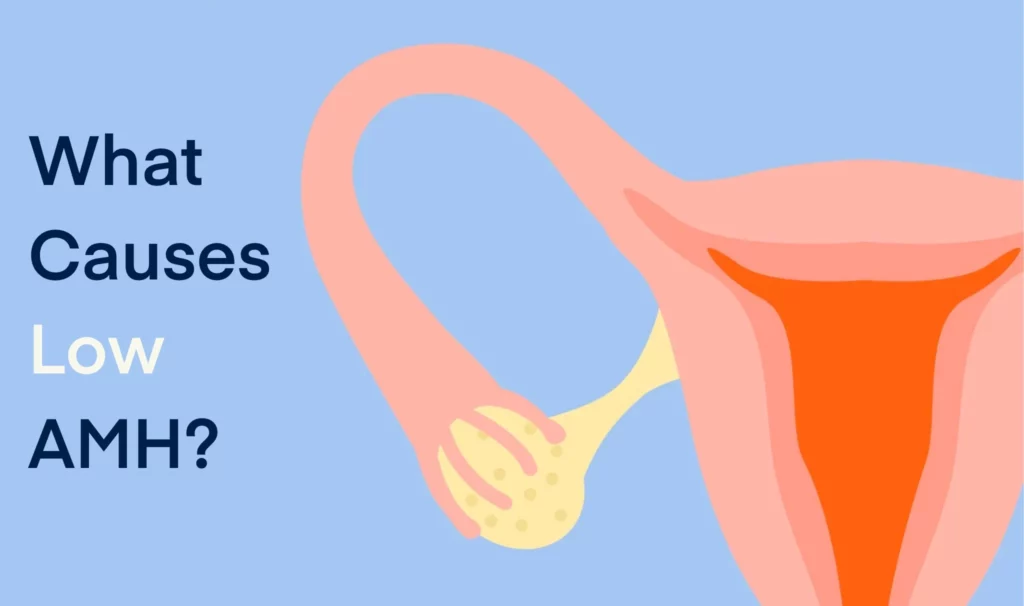
There are a number of factors that can lower a female’s AMH levels. These include:
- Age: Age is the most common reason for having low AMH levels. As a woman ages, her reproductive potential declines as well. A female’s body has a natural decline in the production of reproductive hormones, and these hormones stop producing completely by menopause. A woman in her 20s is in her reproductive prime and has a very high chance of becoming pregnant. But, as a woman approaches her late 30s, she may require medical assistance or may have to consider infertility treatments to become pregnant.
- PCOS: PCOS (polycystic ovary syndrome) is a hormonal disorder in which a woman’s body starts to produce excessive androgen (male hormone) resulting in enlarged ovaries and small cysts. This may also lower your AMH levels.
- Endometriosis: Endometriosis is a reproductive condition in which endometrial tissue that normally grows inside the uterus starts to abnormally grow outside it. Endometriosis causes severe inflammation in the ovaries and fallopian tubes which can disturb ovarian function and lower AMH levels.
- Genetic factor: If your family has a genetic history of low AMH. It is likely that you also genetically inherit the same condition and may have low AMH.
- Auto-immune disease: The immune system is our body’s defence system against infections. Auto-immune disease is a condition in which your immune system starts to attack healthy cells in the body. In reproductive females, auto-immune disease attacks viable eggs and may lower AMH levels.
- Mental health: Researches have confirmed that a woman’s mental health has a noticeable influence on her reproductive function. Excessive stress increases cortisol (the stress hormone) production. And, excessive cortisol is directly linked with menstrual periods and ovulation. If you are severely stressed, you are likely to have low AMH as well.
- Lifestyle: Lifestyle and eating habits have a huge impact on our body’s hormonal regulation. Women with sedentary lifestyles who are obese, eat a lot of processed and unhealthy fat foods, smoke and drink alcohol, and do not exercise are found in multiple case studies to be at a higher risk of infertility. An unhealthy lifestyle is also one of the reasons for low AMH levels in women.
Is Pregnancy Possible with Low AMH?
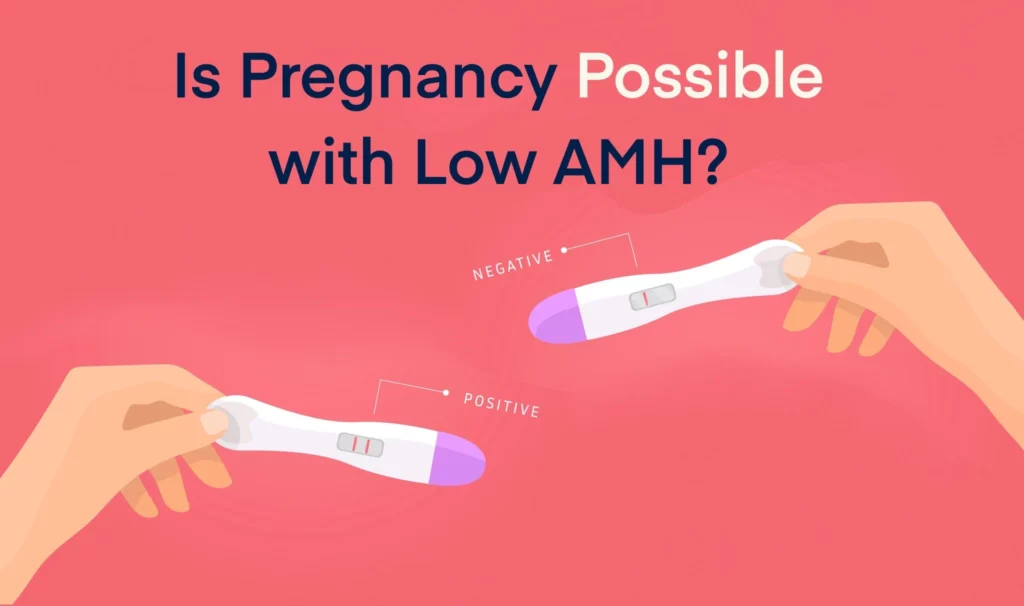
Though AMH is a good indicator that indicates a woman’s chances of becoming pregnant by assessing her egg reserve, AMH levels do not determine a woman’s conceiving potential. There are multiple factors such as age, body weight, and pre-existing medical conditions that determine a woman’s potential of becoming pregnant and/or sustaining a healthy pregnancy.
Getting your AMH blood test done preconception is a great way to ascertain your chances of becoming pregnant. But, a healthy pregnancy is still possible with low AMH.
What is a healthy AMH level for pregnancy?
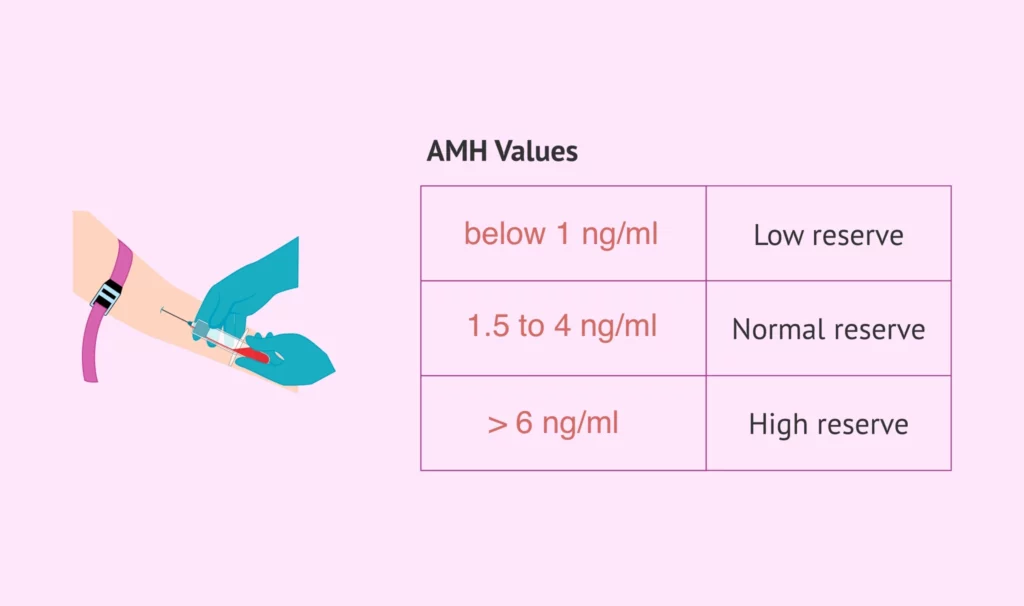
Anywhere from 1.5 to 4 ng/ml is a healthy AMH level for a woman, indicating good chances of pregnancy. However, AMH only indicates and does not assure pregnancy because there are other determining factors involved as well. A woman having low AMH but good egg quality also has a good chance of getting pregnant, and vice versa.
How low AMH is too low for pregnancy?
Anywhere below 1 ng/ml is considered low AMH level for a woman, indicating declining egg reserve. A woman with this low AMH level may have to consider a pregnancy treatment to conceive.
Pregnancy Treatments with Low AMH
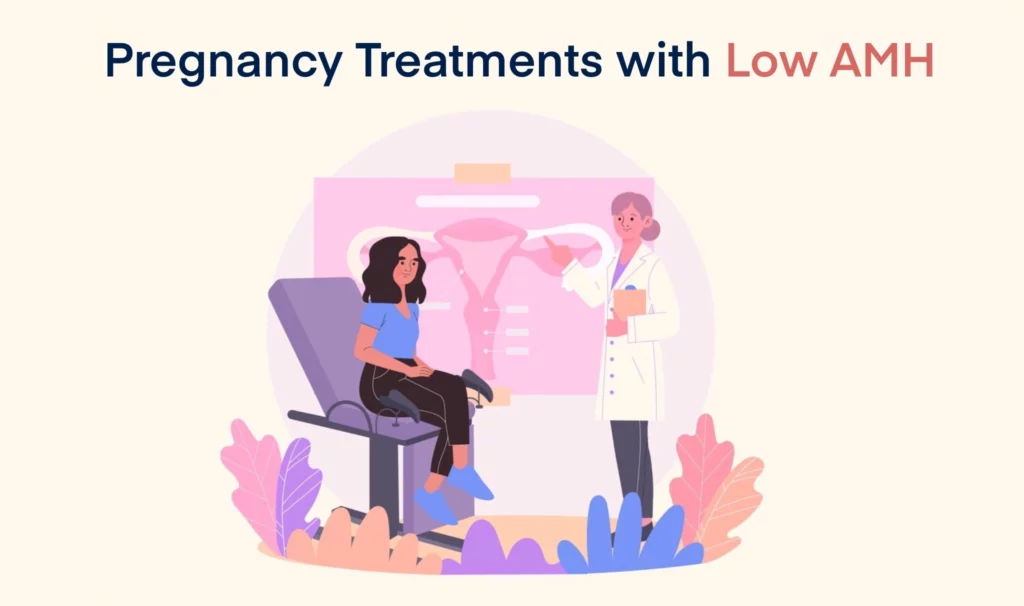
If you have got your AMH blood test done and its result concerns you about your pregnancy, you can always consult a fertility specialist and opt for assisted pregnancy. There are a number of effective pregnancy treatments that can help a woman with low AMH become pregnant. These include:
Natural Pregnancy
Assisted natural pregnancy is a treatment approach that involves managing AMH levels through certain fertility medicines, supplements, foods and lifestyle changes. Fertility doctor will aim to naturally elevate your overall fertility to escalate your pregnancy chances. The doctor may suggest other advanced assisted reproductive technologies (ARTs) if you still cannot conceive.
IVF (In-vitro Fertilization)
IVF is one of the assisted reproductive technologies (ARTs) which can help a woman with low AMH still be able to become pregnant. IVF is a clinical technique involving stimulation of ovaries to produce multiple mature viable eggs, collecting them from the ovaries, fertilizing and incubating them in a laboratory, and transferring the healthiest embryo back in the uterus for fetus development. Women with low AMH can consider conventional IVF or IVF with donor eggs, as advised by their IVF specialist.
IVF is an effective pregnancy treatment for women with low AMH. Because, it involves fertilization and incubation of mature eggs in a facility where only the healthiest embryo will be picked for implantation.
Even if you have low AMH, certain fertility drugs given during an IVF cycle to stimulate egg production such as clomiphene, gonadotropins, and FSH (follicle stimulating hormone) will make you produce multiple mature eggs for fertilization, ensuring higher chances of pregnancy. Also, because IVF bypasses the fertilization process, it eliminates the risk of several other pregnancy complications that lead to failed conception.
How to Increase AMH Levels Naturally?
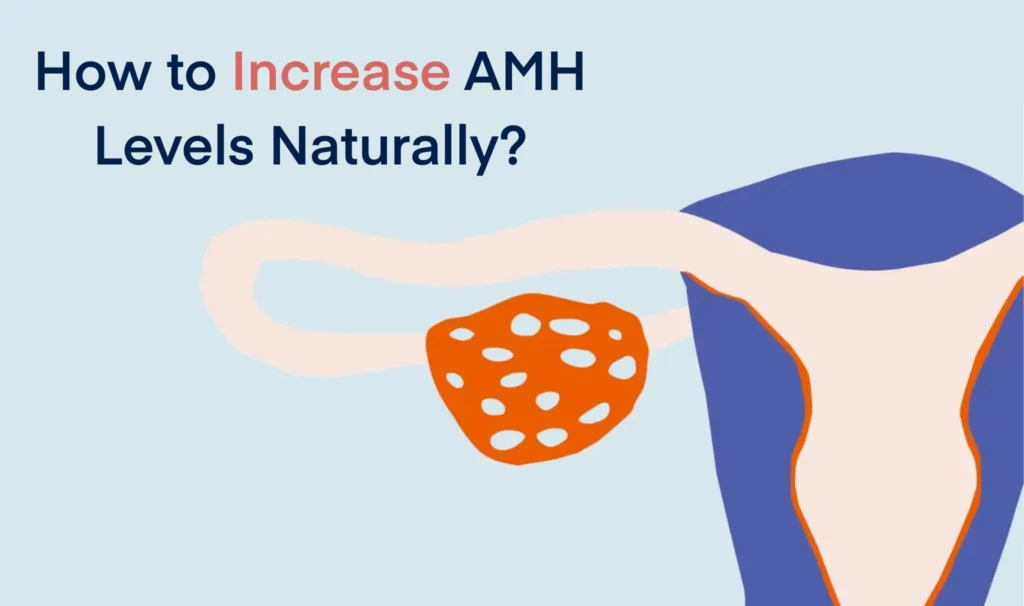
Can anti mullerian hormone (AMH) levels be increased naturally?
Multiple case studies have confirmed that your fertility and personal health have a strong correlation. What you do and eat undoubtedly affects your fertility and incorporating the right diet, supplementation and lifestyle changes can eventually help you increase your AMH levels and overall fertility naturally.
Foods to Increase AMH Levels
When you question yourself how to increase AMH levels naturally, the first thing you should start with is ‘change what you eat’. Uplift your diet with foods that are rich in vitamins, minerals, lean protein, monounsaturated fats and other essential macronutrients.
Foods that increase AMH levels include:
- Nuts (almonds, walnuts, hazelnuts, peanuts)
- Seeds (pumpkin seeds, sesame seeds)
- Fruits (avocados, blueberries, raspberries, strawberries)
- Vegetables (broccoli, kale, arugula, beans, lentils), and
- Dairy products (eggs, cottage cheese, yogurt)
Supplements for Low AMH
Other than a good diet, you can include some fertility supplements such as:
- vitamin D
- Folate (folic acid)
- Omega-3
- Magnesium
- Vitamin B6
- Vitamin C
- Zinc, and
- Coenzyme Q10
Oftentimes, we do not get enough essential nutrients and minerals that our body requires through our diet. In such cases, additional supplementation is best. All above mentioned supplements are good for women with low AMH.
Lifestyle Changes
Your lifestyle reflects your personal health. When you have low AMH and you want to increase them naturally, incorporating healthier lifestyle habits will help. Exercising is a great way for managing body weight and improving hormone imbalances that affect AMH levels.
Another great way is to perform Yoga asanas. Yes, there is yoga to increase AMH level too. Studies mention that women who performed yoga regularly had reduced obesity, improved hormone balance, and better reproductive function.
Some fertility yoga asana for low AMH levels include:
- Bhujang Asana
- Sethu Bandhasana
- Baddha Konasana Asana
- Balasana
- Paschimottanasana
The Bottom Line
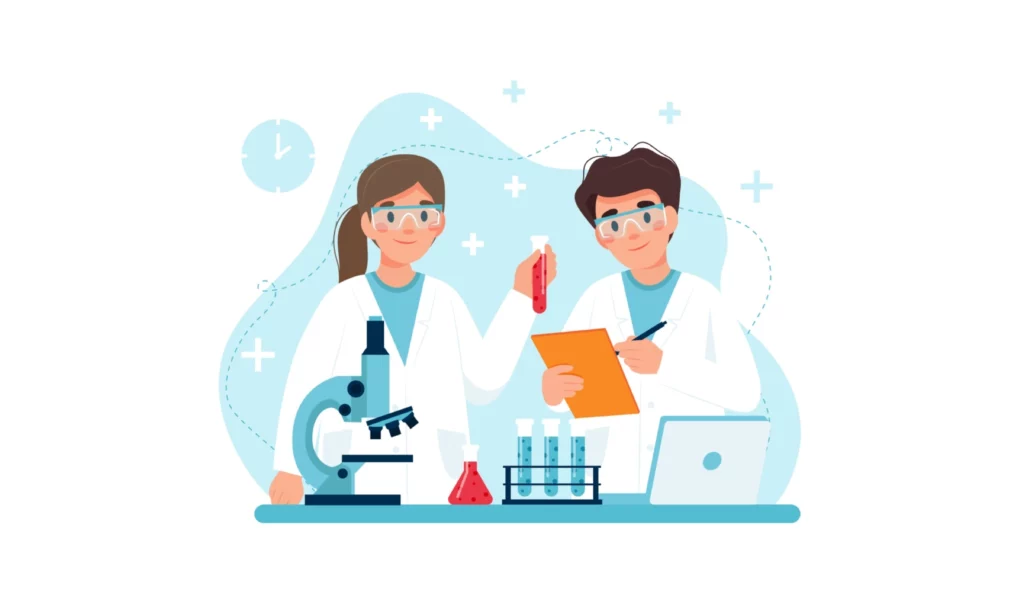
Though AMH levels indicate your ovarian reserve and may assess your chances of becoming pregnant, it does not determine your ability to conceive. You can still become pregnant if you have low AMH, and vice versa. There are multiple other determining factors such as age, personal health, pre-existing medical conditions and so on that affect your ability to conceive. However, you can still achieve pregnancy with assisted reproductive technologies (ARTs) such as IVF. All you would need is a good fertility specialist who does not only assist you conceive but also be with you throughout your pregnancy journey.
Hope this article helped.

